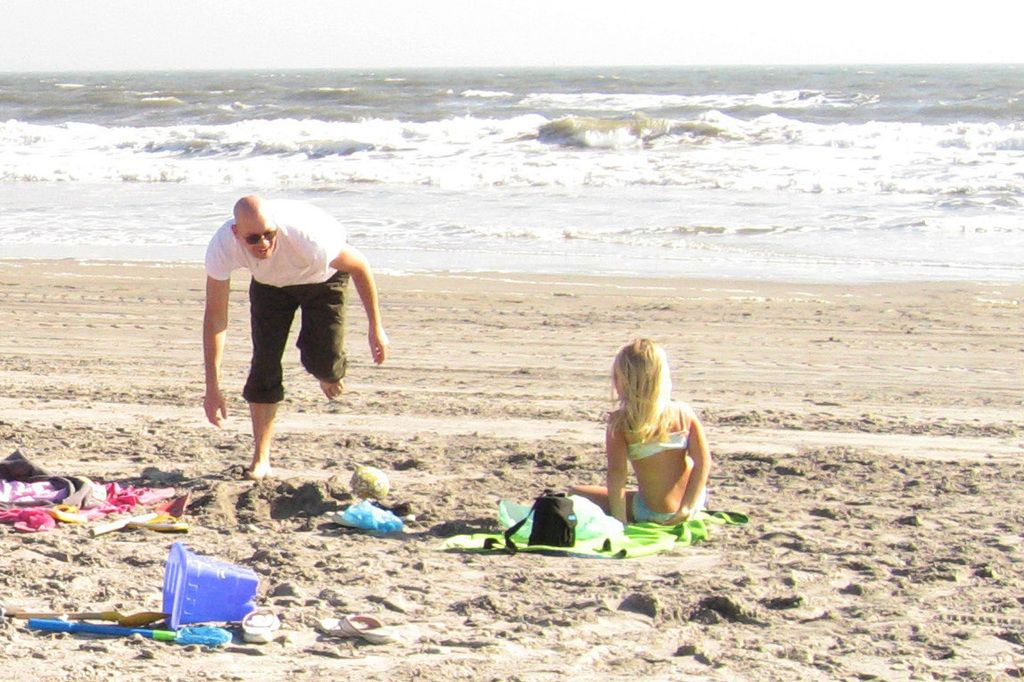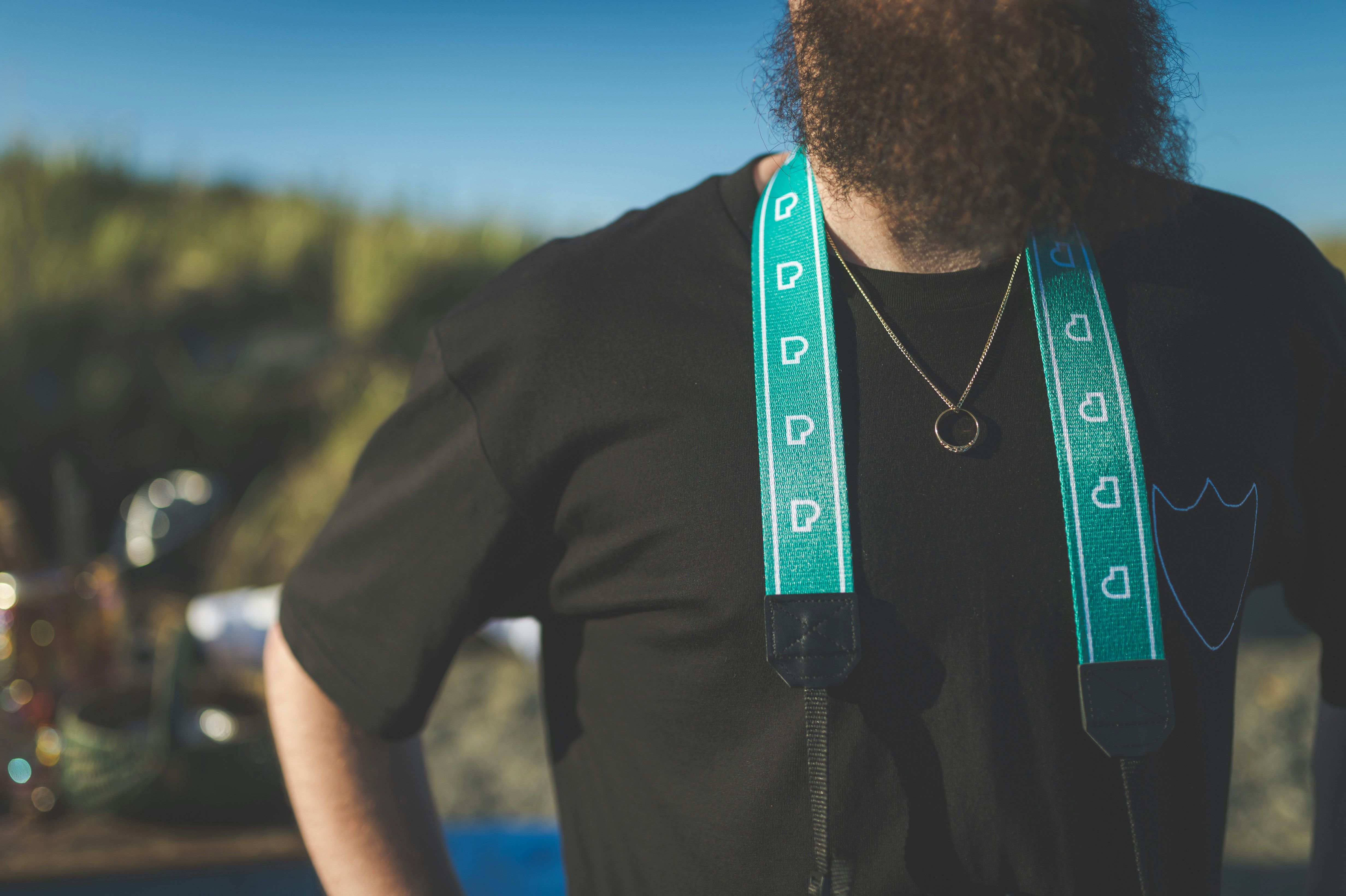Exploring mouth taping: Is it a risky sleep trend or a legitimate sleep aid? Recent research offers conclusive findings.
Hey there! So, you've been hearing about mouth taping as a sleep hack, right? This trend – endorsed by celebs like Gwyneth Paltrow and Julia Bradbury – involves sticking porous tape over your mouth at night, supposedly promoting nasal breathing, easing snoring, and boosting sleep quality. But hold tight, because things aren't quite as rosy as they seem.
Breathing through your nose is lauded for filtering dust and pollen, warming and moistening air, and reducing irritation. By sealing your mouth shut, the idea is that you'll be forced to breathe in and out through your nose. However, several factors can make this challenging, like having blocked nasal passages or simply not being able to breathe through your nose due to congestion. In such cases, mouth taping can become a hazard, not a help.
A study conducted by scientists from the London Health Sciences Centre and the University of Saskatchewan College of Medicine examined the top 10 research papers on mouth taping and published their findings in PLOS One. Result? Mouth taping doesn't exactly have a wealth of evidence supporting its effectiveness in alleviating sleep issues. In fact, two of the ten studies showed little difference or even potential risks, including asphyxiation, especially when individuals struggle with nasal obstruction.
If you've got your hopes set on mouth taping to help with your snoring, sleep apnea, or general sleep quality, think again. Alison Jones, a certified sleep consultant, warns that while the method might offer temporary relief, it won't fix the problem in the long run and could even lead to discomfort and sleep disturbances.
Despite these drawbacks, mouth taping enthusiasts tout a host of additional benefits – improved oral hygiene, diminished bad breath, enlarged jawlines, and increased energy levels. However, the experts advise that focusing on proper sleep hygiene and addressing any underlying health issues is the way to go.
Need some tips to improve your ZZZs? Start by visiting your doctor if you have concerns about sleep apnea or other breathing issues during sleep. Prioritize a good night's rest by maintaining a healthy sleep environment (temperature, comfortable mattress, and a consistent bedtime routine), and give your electronic devices a well-deserved rest before bedtime. Regular exercise and adequate nutrition can also play a role in enhancing sleep quality. And, for the love of sweet dreams, leave the mouth tape alone. 😉
- The popular sleep hack of mouth taping, while endorsed by celebrities like Gwyneth Paltrow and Julia Bradbury, may not provide substantial health benefits or alleviate sleep issues, as indicated by a study published in PLOS One.
- In cases where individuals struggle with nasal passages blockages or congestion, mouth taping could potentially present risks, such as asphyxiation.
- Mouth taping might not provide a long-term solution for snoring, sleep apnea, or general sleep quality issues, as advised by certified sleep consultant, Alison Jones.
- Rather than relying on mouth taping for improved oral hygiene, diminished bad breath, enlarged jawlines, and increased energy levels, it's recommended to focus on proper sleep hygiene and addressing any underlying health issues.
- To ensure a good night's rest, consider visiting your doctor if you have concerns about sleep apnea or other health-related sleep issues, prioritize a healthy sleep environment, maintain a consistent bedtime routine, limit screen time before sleep, incorporate regular exercise, and eat a balanced diet.






